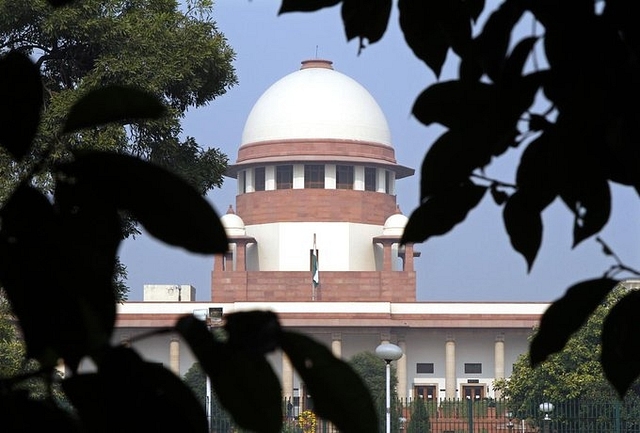
SC Is Asking The Right Question About Banks Seeking Interest On Interest During Covid-19
It is the government that must pay for the costs imposed on banks by allowing for a six-month delay in loan repayments.
The Supreme Court’s intervention in a matter involving loan moratoriums to borrowers during the Covid-19 period was probably unnecessary, but it is raising one important question that needs answering: what is the point of offering a moratorium if the accumulating interest again accrues more interest? What is the point if a deferred interest payment incurs additional charges on account of interest on unpaid interest?
The answer is, of course, that deposits earn interest, and this interest earns more interest, and so the same norm must apply to borrowers, who too must pay interest on accumulated interest overdues.
The Reserve Bank of India (RBI) fears that the Supreme Court’s questions in interest waivers may cost the banks Rs 2 lakh crore over the period of the moratorium (till 31 August), or roughly 1 per cent of gross domestic product (GDP).
A Supreme Court bench comprising justices Ashok Bhushan, Sanjay Kishan Kaul and M R Shah observed at a hearing last week: “Our query was limited to whether there will be a levy of interest on deferred interest. If RBI travels beyond the query posed there will be many opinions.”
However, the final answer to this question must come from the government, and neither the RBI nor banks can say anything other than the fact that waiving this is normal banking practice. When depositors are paid interest on interest, banks cannot be viable if borrowers are not to be charged interest on deferred interest, too.
The whole principle of compounding interest will be lost if interest earnings don’t earn further interest. Compounding is about the time value of money, and moratoriums extend the time limit for loans. If interest dues don’t earn interest, they reduce the compounding rate of earnings.
There are only two ways out: one is regulatory, where banks will be allowed to not pay interest on the interest component of cumulative deposits, which will lead to a huge outcry among savers and depositors.
The other remedy is simpler: the government can compensate banks for waiving interest on interest. If it does not, it will any way have to pony up more capital for banks that report losses due to this waiver.
It is the government that must pay for the costs imposed on banks by allowing for a six-month delay in loan repayments.